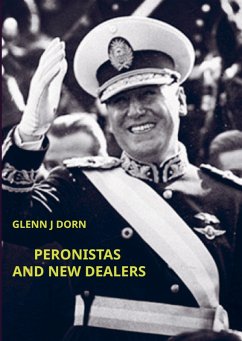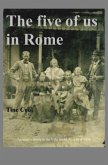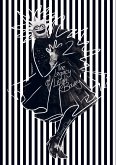This work employs a corporatist analytical framework meshed with a comparative approach to examine inter-American relations during the early years of the Cold War. The emergence of Juan and Eva Perón in Argentina provoked a major ideological crisis as Argentina briefly emerged as a rival to U.S. leadership in the Western Hemisphere at the end of World War II. As U.S. leaders were rising to meet the threat of communism in Europe and Asia, in South America, it was peronismo that offered the most formidable challenge to U.S. hegemony until 1950. By advocating a statist brand of corporatism reminiscent of European fascism and utilizing a populistic appeal similar to that of communism, Perón threatened U.S. efforts to disseminate liberal capitalism, multilateral trade and Anglo-Saxon democracy through its "Inter-American System." The resulting clash was one in which the Truman Administration, recognizing that it could not oppose Perón directly, worked quietly to derail the Peronist experiment without engaging in potentially counterproductive open intervention into Argentine domestic affairs. More than a struggle between two nations, this contest pitted the visions of the New Dealer
Bitte wählen Sie Ihr Anliegen aus.
Rechnungen
Retourenschein anfordern
Bestellstatus
Storno








